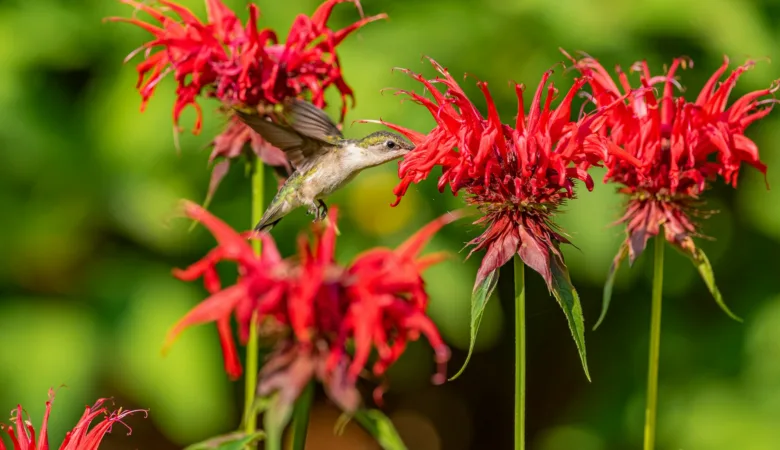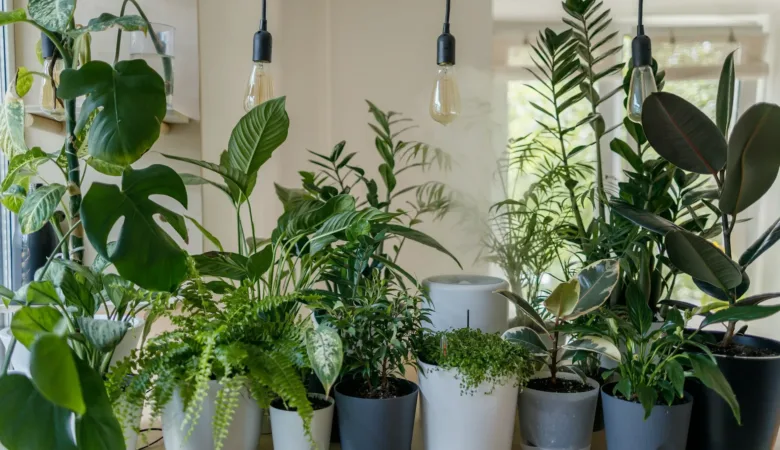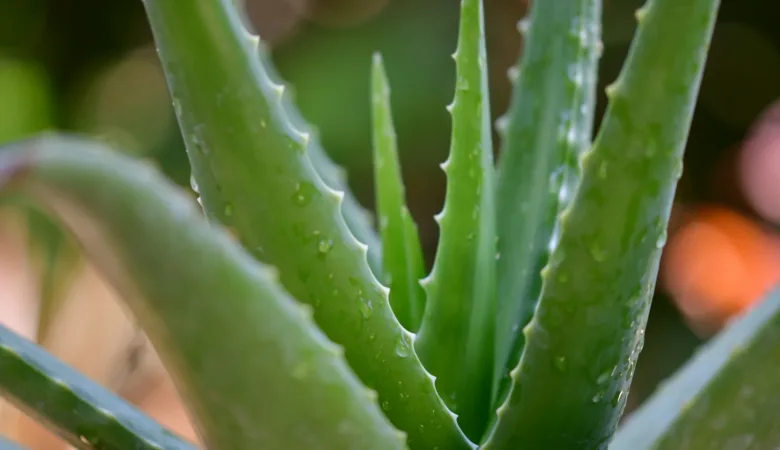Introduction
Welcome to our guide on simple and effective plant care! Whether you’re a seasoned plant enthusiast or just starting out with your green thumb, this blog post will provide you with all the tips and tricks you need to keep your plants happy and thriving.
1. Choose the Right Plants
Before diving into plant care, it’s important to select the right plants for your home or garden. Consider factors such as sunlight requirements, temperature, and humidity levels. Some plants thrive in direct sunlight, while others prefer shade. By choosing plants that are well-suited to your environment, you’ll set yourself up for success right from the start.
2. Provide Adequate Watering
Watering is a crucial aspect of plant care, but it’s important to strike the right balance. Overwatering can lead to root rot, while underwatering can cause dehydration and wilting. The key is to provide adequate moisture without drowning the roots. Check the soil regularly and water when it feels dry to the touch.
3. Find the Perfect Spot
Just like humans, plants have their preferences when it comes to their living conditions. Some plants thrive in bright, indirect light, while others prefer low-light environments. Pay attention to the lighting requirements of your plants and find the perfect spot in your home or garden where they can receive the appropriate amount of light.
4. Maintain Proper Humidity
Humidity plays a vital role in plant health, especially for tropical and humidity-loving plants. If you live in a dry climate or have a centrally heated home, consider investing in a humidifier or placing a tray of water near your plants to increase humidity levels. On the other hand, if you have plants that prefer drier conditions, make sure to provide adequate ventilation.
5. Fertilize Regularly
Plants require essential nutrients to grow and thrive. While soil provides some nutrients, it’s often beneficial to supplement with fertilizer. Choose a fertilizer that is appropriate for your plants and follow the instructions for application. Be careful not to over-fertilize, as this can lead to nutrient burn and damage to the plant.
6. Prune and Trim
Regular pruning and trimming help to promote healthy growth and maintain the shape of your plants. Remove any dead or yellowing leaves, as well as any branches that are crossing or rubbing against each other. This will not only improve the appearance of your plants but also prevent the spread of diseases.
7. Keep an Eye Out for Pests
Pests can wreak havoc on your plants if left unchecked. Keep a close eye on your plants for any signs of pests such as aphids, mealybugs, or spider mites. If you notice any pests, take action immediately to prevent them from spreading. There are many organic pest control methods available, such as neem oil or insecticidal soap.
8. Rotate and Repot
Over time, plants can outgrow their pots and become root-bound. It’s important to periodically repot your plants to provide them with fresh soil and room to grow. Additionally, rotating your plants every few weeks ensures that all sides receive equal exposure to light, preventing them from leaning towards the light source.
Conclusion
With these simple and effective plant care tips, you’ll be well-equipped to keep your plants thriving. Remember to choose the right plants, provide adequate watering, find the perfect spot, maintain proper humidity, fertilize regularly, prune and trim, keep an eye out for pests, and rotate and repot as needed. By giving your plants the care and attention they deserve, you’ll enjoy a lush and vibrant indoor or outdoor space.
Happy gardening!














Leave a Reply